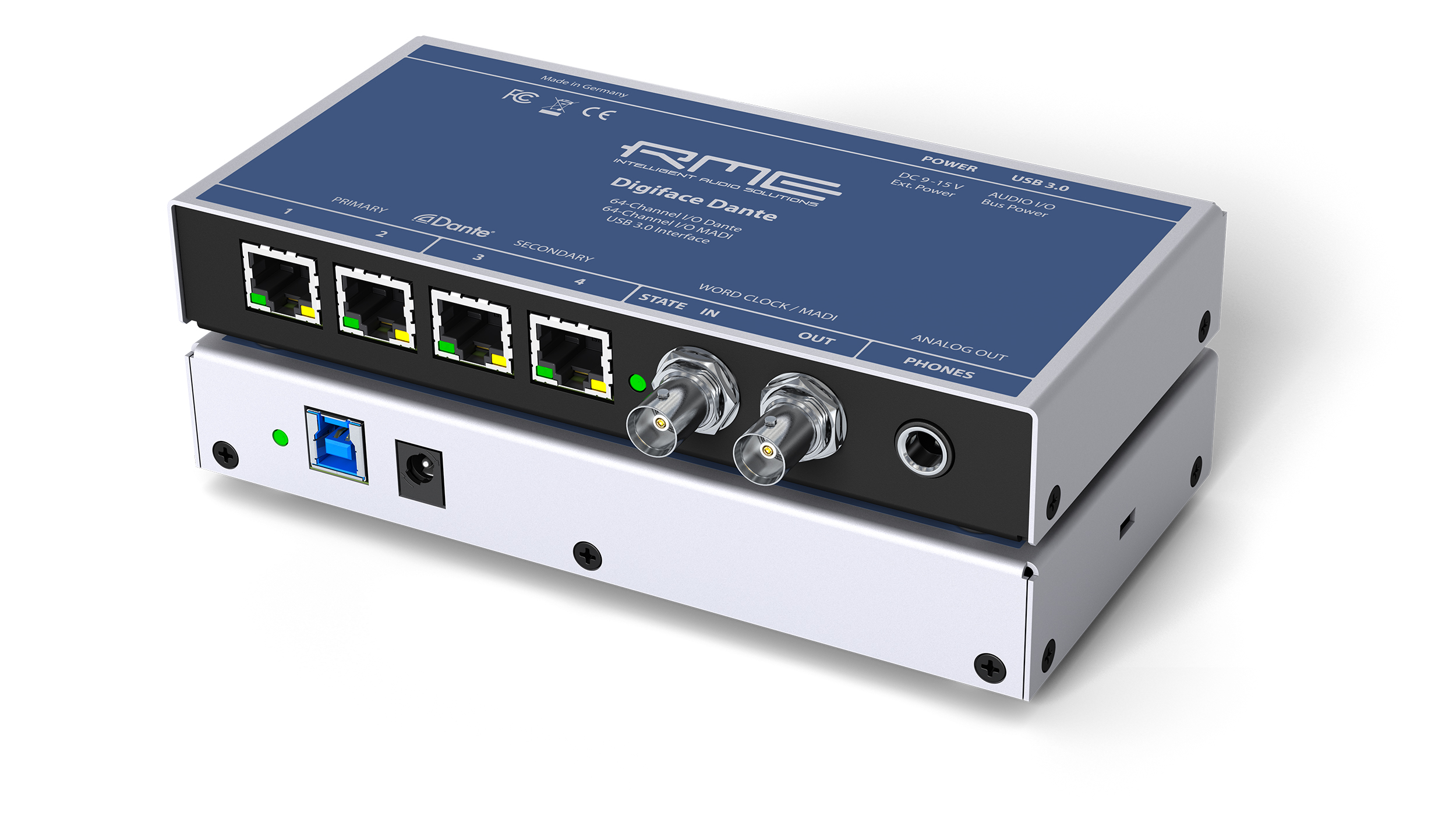Having binary drivers and Totalmix for Linux would be a very nice thing. For users it would be great to get high quality interfaces for the Linux market.
And who, if not innovative companies like RME, could become a "tie breaker" to solve the "chicken and egg problem", that there will be no Linux versions of DAWs and VSTs if there are no supported recording interfaces available and vice versa ?!
For RME I see the add-on value, to have "just right now" a unique feature against competitors in terms of compatibility and sustainability for users investment into their products.
For users it would be nice to use RME products with high quality RME drivers and applications like Totalmix and Digicheck, as there are already some DAWs in the market (i.e. Bitwig and others).
And also it would simply be nice to be able to use good RME HW under Linux for us "dual boot" people running Windows only because Cubase & Co are not available, but otherwise prefer Linux over Windows and Mac OS ..
This could become a good driver to motivate other recording interface manufacturer to be on par with RME
and finally to motivate companies producing DAWs and VSTs to develop more applications for Linux as well.
Once this motor starts, this openes new markets for everybody involved. But it requires a ignition spark. RME could be IMHO such an ignition spark as I think this company leads this market to offer the best, "still payable", product bundles for professionals and enthusiasts. And of course everybody in the industry looks what RME is doing ...
I think it will be very important for everybody of us in the future (manufacturer and customers) to have in Linux an alternative to traditional operating systems like Windows and Mac OS. Both companies go currently into strange directions:
- Windows in terms of privacy and upgrade policies and "who has the control over the system" (-> TPM, etc)
- Apple in regards to bad price/quality/performance/sustainability ratio
EDIT: for this reason I am personally stuck with Windows 7 and I invested into a normally "oversized" PC which runs Win7 simply to survive the next 5-10 years in the hope, that the situation becomes possibly better. But I have my doubts that Windows 10 will become any better in terms of privacy etc, without any pressure from the market ... And from "law" I don't expect too much in terms of privacy. Therefore I think we all sit more or less in the same boat and should work together somehow on / for alternatives.
Having a 3rd major player ("Linux") in the Market would be beneficial for everybody involved:
- new markets
- for i.e. RME the possibility to get an open OS which has already real time extensions for audio
- for RME the possibility to be involve into kernel development to make things go into the right direction for their product
- at the end more potential to really design and fix things instead of having only to react on "others (OS) mistakes"
- offering customers, who might be dissatisfied with the Major players Apple/Windows, to find an alternative
- same chance for other companies like RME to jump on the bandwagon, for same advantages
- motivation for the major players (Windows, Apple) to do it better -> evolution
At the end my idea / vision is, that everybody in this market, manufacturer of recording interfaces and of applications like DAWs and VSTs would get by this a new main pillar (german: "standbein", not sure if translated correctly).
Another motor might be, that in the Unix area there is still a high spirit, that people do something for free (Open Software). So I would hope for new interesting free quality Software in the Linux world. Which of course makes more sense, if you have quality interfaces as a hardware basement.
RME would not need to fear having to make their sources public. Like nVidia and other companies its possible to distribute binary versions of kernel modules and applications for Linux.
EDIT: To put examples of other big companies: IBM i.e. did big efforts to move from Mainframe to Linux (HW and application wise), even put Java/JBOSS based programming environments into open source (don't get me wrong, nobody expects this from RME as explained already). And now even Microsoft invests into Linux Binary compatibility for Windows 10 with Ubuntu based applications, which reminds me of the "linuxulator" in FreeBSD which exist since over 15y.
BR Ramses - UFX III, 12Mic, XTC, ADI-2 Pro FS R BE, RayDAT, X10SRi-F, E5-1680v4, Win10Pro22H2, Cub14

